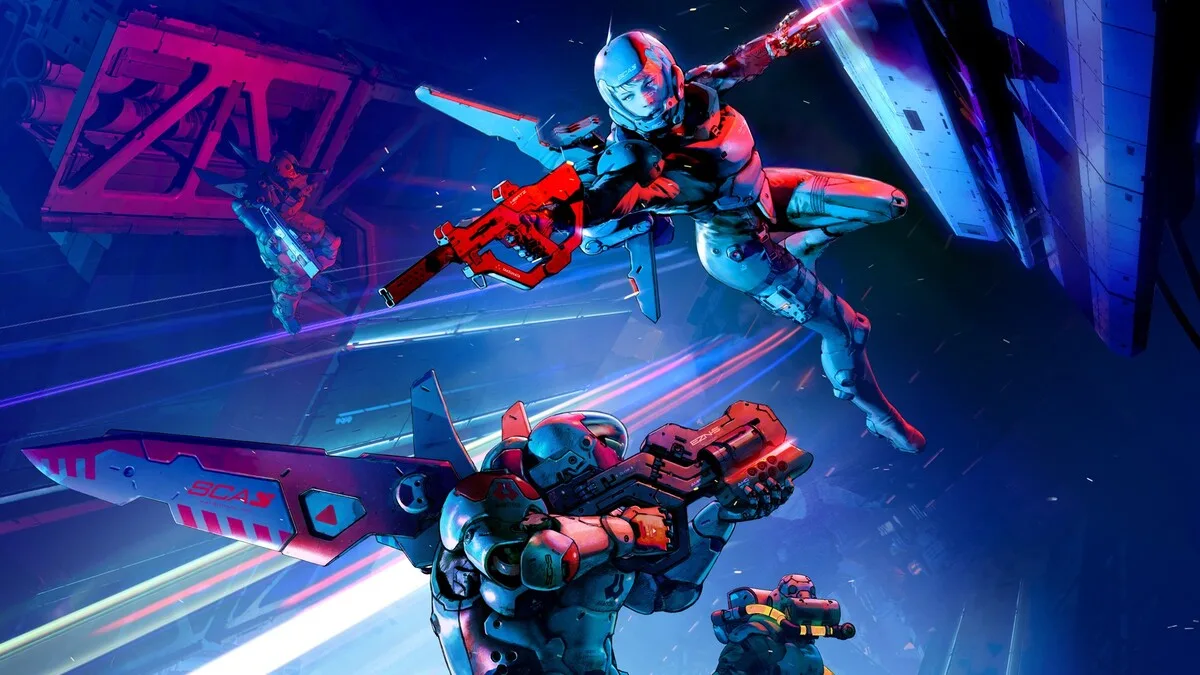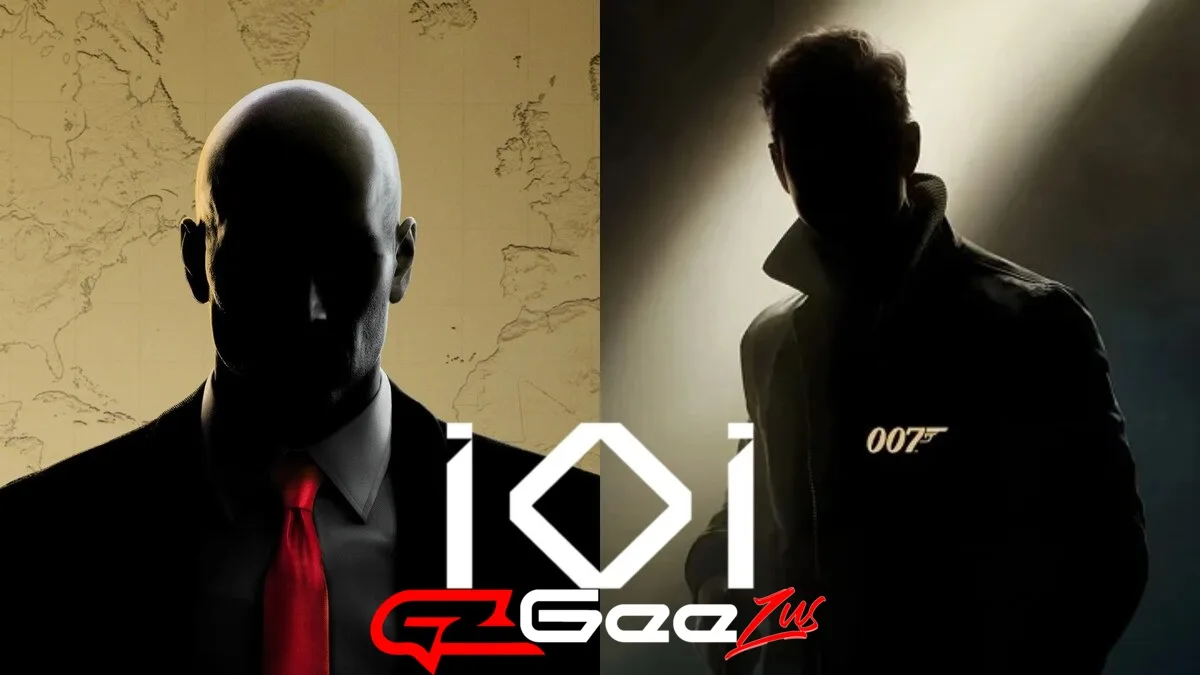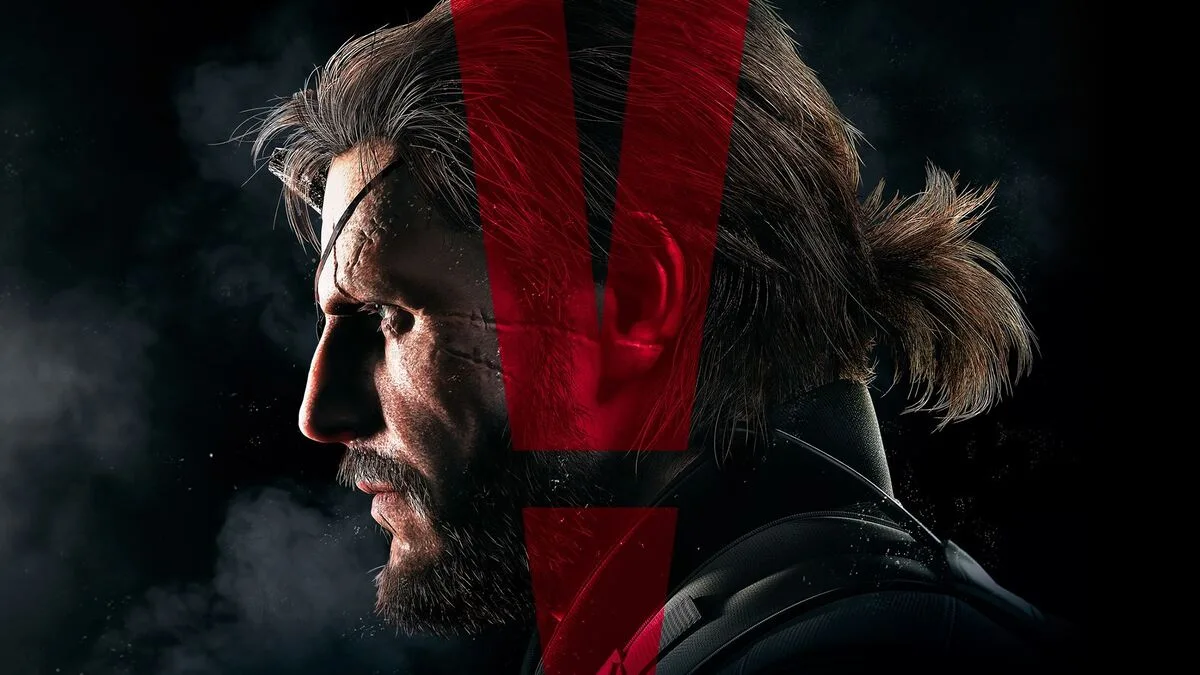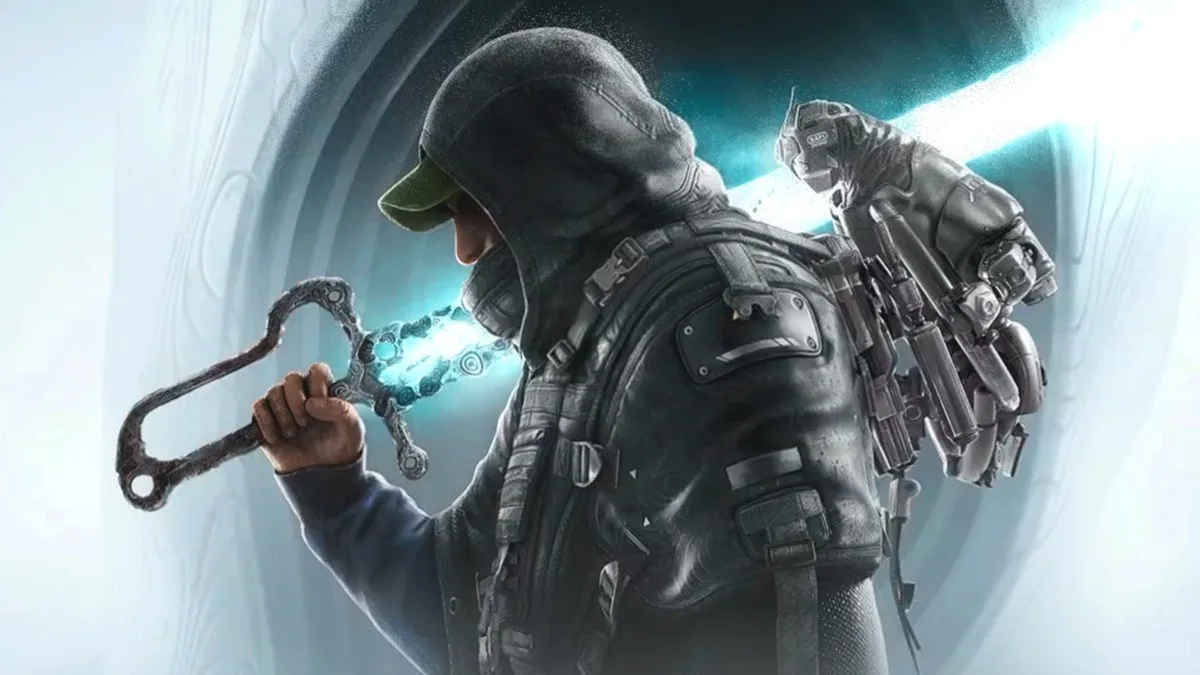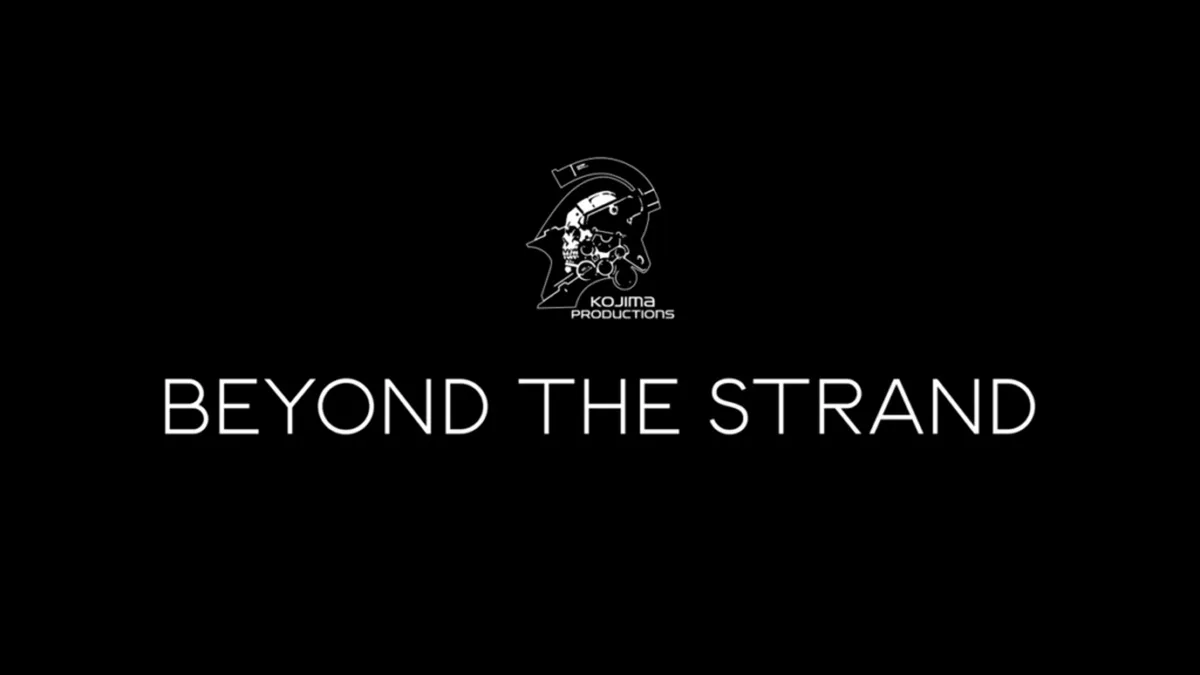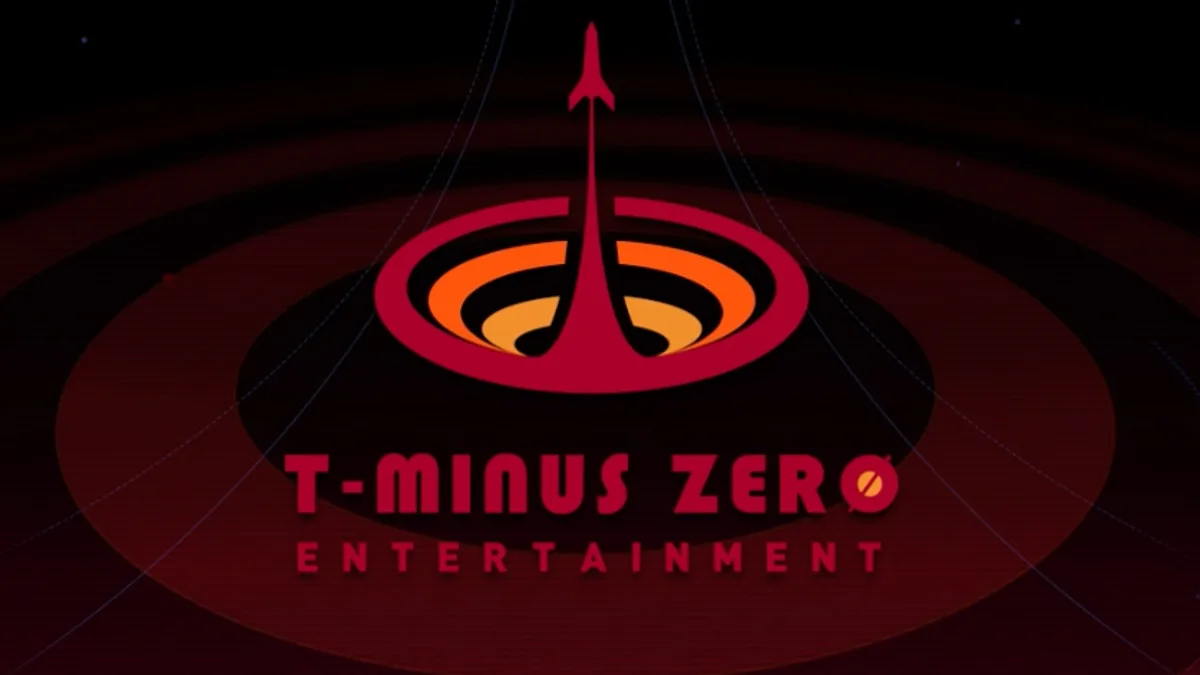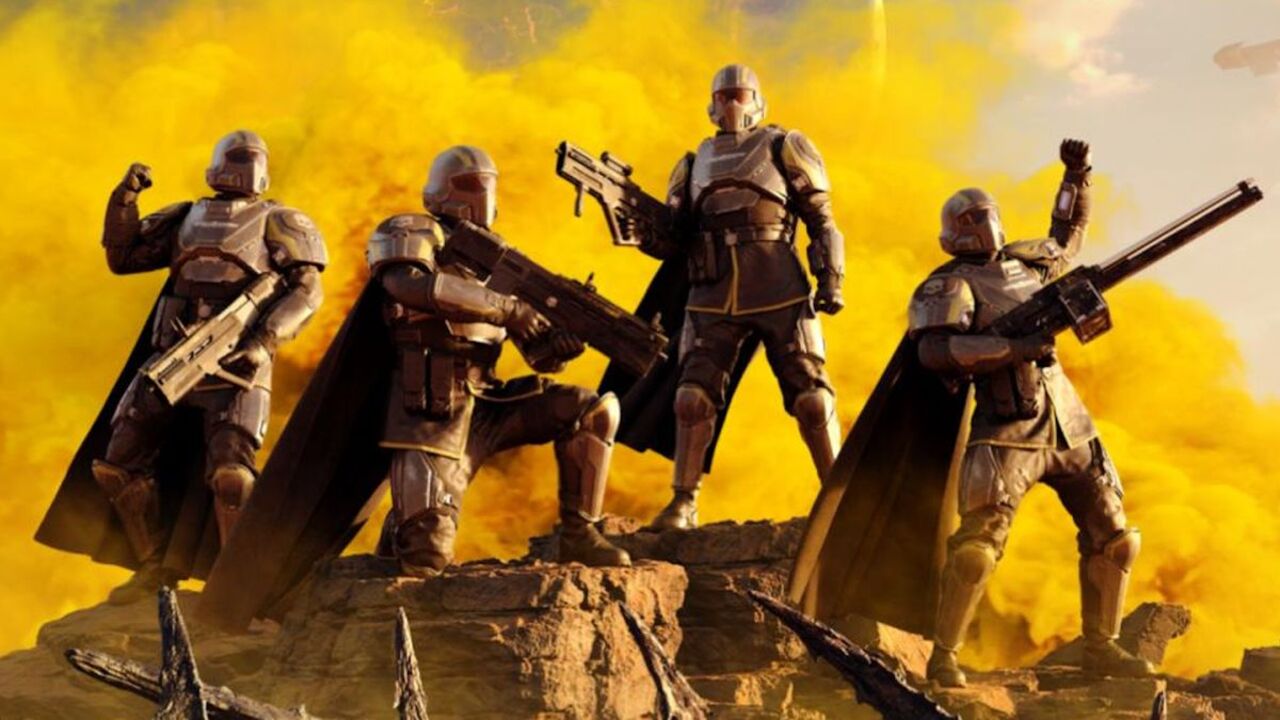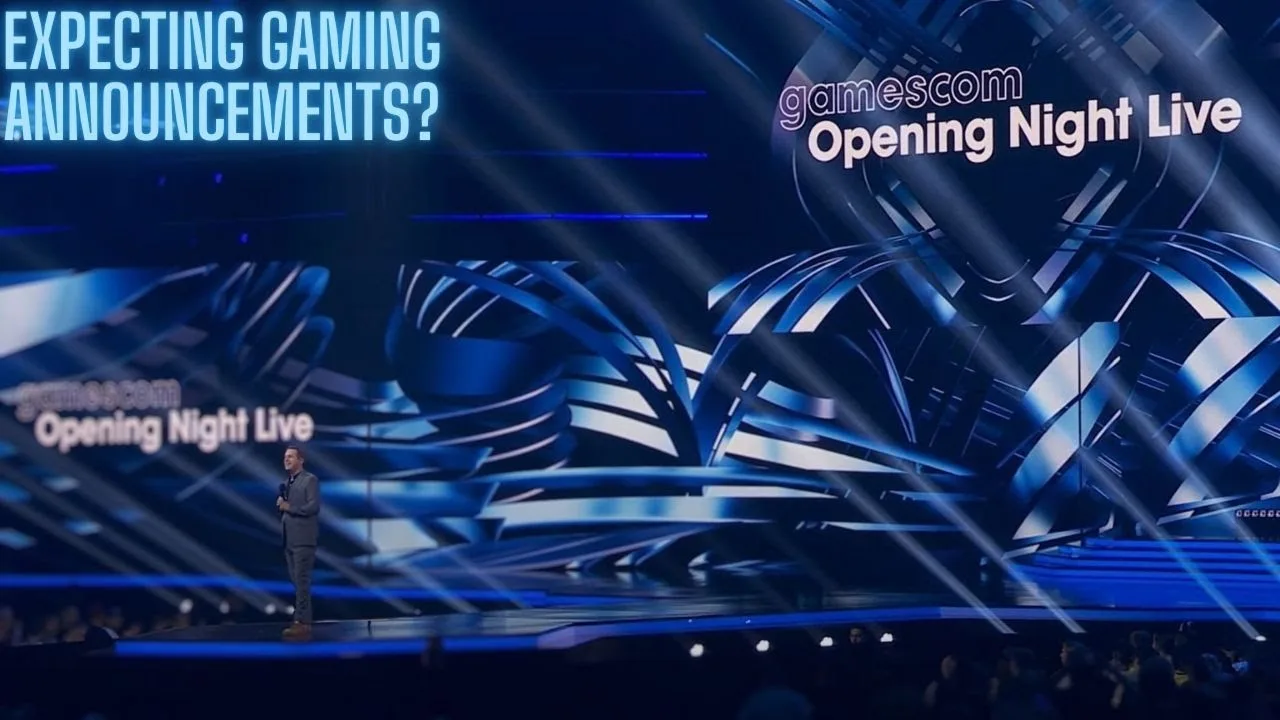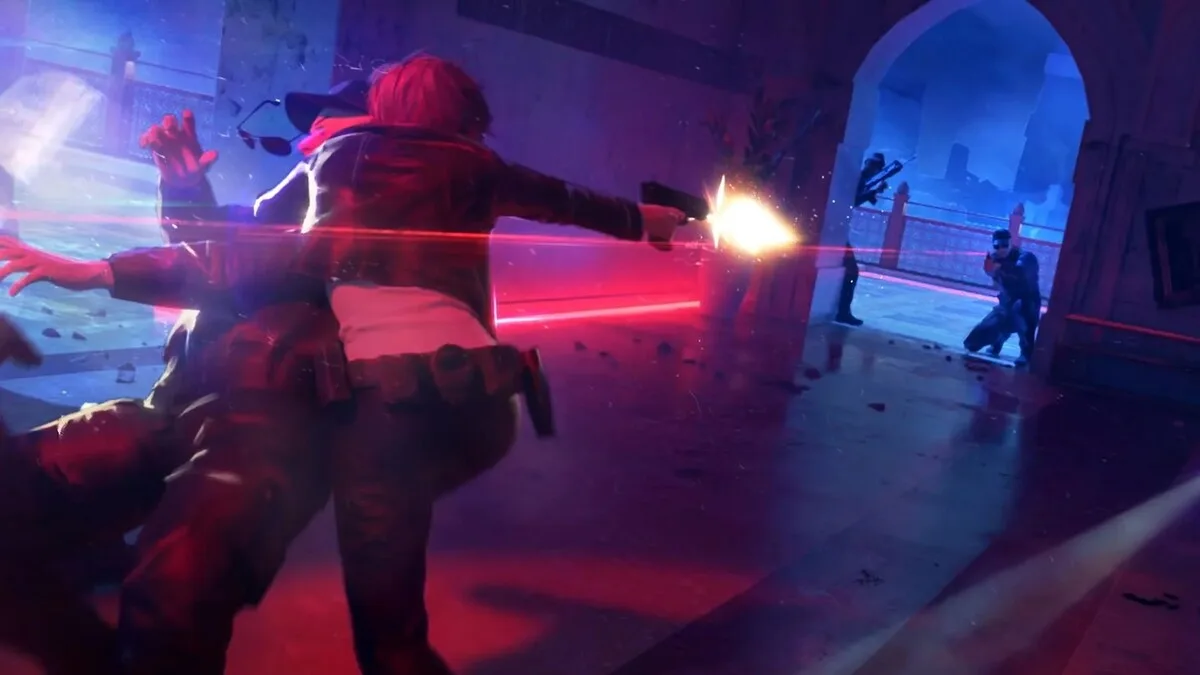
Report: Microsoft & Crystal Dynamics tried to save Perfect Dark
When Xbox announced the return of Perfect Dark in 2020, it wasn’t just another franchise revival — it was a statement. The Initiative, Microsoft’s then-new “AAAA” studio, was positioned as a dream team of industry… Report: Microsoft & Crystal Dynamics tried to save Perfect Dark
